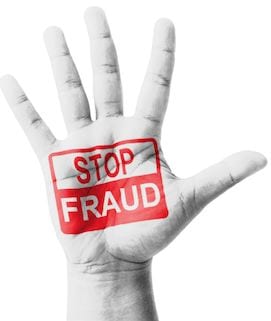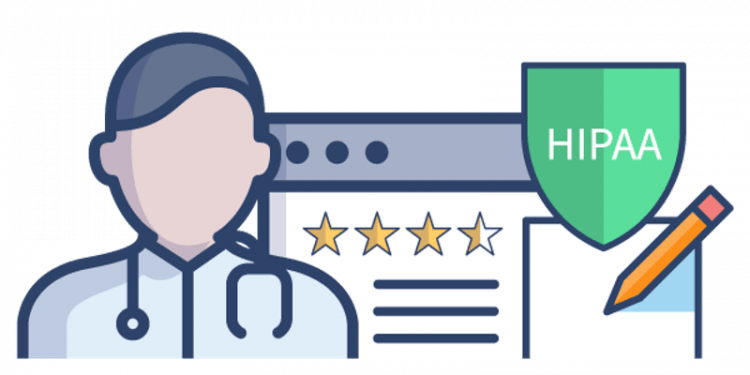By: Zach Gihorski
 Did you know the United States Department of Agriculture (USDA) offers several funding opportunities targeted at both small business owners and non-profits who serve businesses in rural communities? Probably not. These USDA programs provide assistance to growing businesses in rural communities via loans and grants. You are probably asking yourself why you have never heard of this program before, which is completely understandable. There are numerous programs provided by the government that business owners never hear of. The truth is, these programs just do not come with any marketing or promotional dollars attached to them to spread the word.
Did you know the United States Department of Agriculture (USDA) offers several funding opportunities targeted at both small business owners and non-profits who serve businesses in rural communities? Probably not. These USDA programs provide assistance to growing businesses in rural communities via loans and grants. You are probably asking yourself why you have never heard of this program before, which is completely understandable. There are numerous programs provided by the government that business owners never hear of. The truth is, these programs just do not come with any marketing or promotional dollars attached to them to spread the word.
USDA MicRo-entrepreneur Assistance Grant Program
The Rural Micro-Entrepreneur Assistance Program (RMAP) is designed to give funding to non-profit organizations servicing rural businesses, or as USDA calls them, Microenterprise Development Organizations (MDOs), who in turn administer and manage the funds given out to micro-entrepreneurs.
What is a Microenterprise Development Organization (MDO)?
There are three type of entities qualified to receive the RMAP funding from USDA-Non-profits, Federally-recognized Tribes, and Institutions of higher learning. These organizations receive the funding from the USDA and then use those funds to support rural micro-entrepreneurs. MDOs are charged with making their funds available to their local rural micro-entrepreneurs. MDOs must also manage the administration of the grants and loans to the micro-entrepreneurs, and do the required reporting back to USDA.
Who are Micro-Entrepreneurs?
These are the intended users of the USDA funds. While it is true that the USDA first disburses the initial funding to MDOs for their expertise in supporting micro-entrepreneurs in their local areas, the MDOs must then make those funds available to qualified micro-entrepreneurs. According to the USDA, a micro-entrepreneur is a business that is located in a rural community, with less than 10 full-time employees. If you are curious to see if your business is in eligible rural area, check here.
What type of funding does RMAP provide?
The RMAP provides aid in the form of both grants and loans. In regard to grants, the program allows both micro-entrepreneurs and MDOs to receive aid for technical assistance. However, a minimum of 15 percent of the requested aid must have matching funds from the applicant.
The loans provided by the RMAP program for micro-entrepreneurs have a few specific restrictions according to USDA. The loans can be up to $50,000, they must have a fixed interest rate, and the loans are limited to 75 percent of the total project cost.
What can the funding be used for?
USDA lists four specific examples, but goes on to explain that funding for micro-entrepreneurs is not limited to these categories. The listed examples are: working capital, debt refinancing, purchasing of equipment and supplies, and improvements to real estate. Allocating sufficient capital for these types of projects are huge obstacles for many entrepreneurs for which the program has made funding available.
When can you apply for the RMAP Program?
Right now! USDA is currently accepting applications. Reach out to your local USDA office for more information on how to apply.
Other USDA Programs Available
 The Rural Micro-Entrepreneur Assistance Program is just one of the many programs that USDA has that is looking to invest in American businesses. From assisting with broadband access to investing in renewable energy sources, the USDA has a robust portfolio of resources available to businesses. For a more detailed list, look here.
The Rural Micro-Entrepreneur Assistance Program is just one of the many programs that USDA has that is looking to invest in American businesses. From assisting with broadband access to investing in renewable energy sources, the USDA has a robust portfolio of resources available to businesses. For a more detailed list, look here.
Still have questions?
USDA has a great reputation for being responsive to the needs of local communities. Please do not hesitate to reach out to your local USDA office any time. You can reach out to your state USDA Office and ask a program specialist who can assist you. To locate your local USDA Office, click here. To go directly to the USDA page for the RMAP Program and get all the details here.
*This post was authored February 6, 2019.
 Zachary is a 2nd year law student at the Dickinson School of Law. Where he is an active student leader, actively cultivating relationships with outside resources to give opportunities to his classmates. He is passionate about using his experiences in both the private and public sector to find innovative solutions for the world’s agricultural, energy, and environmental needs.
Zachary is a 2nd year law student at the Dickinson School of Law. Where he is an active student leader, actively cultivating relationships with outside resources to give opportunities to his classmates. He is passionate about using his experiences in both the private and public sector to find innovative solutions for the world’s agricultural, energy, and environmental needs.
Sources:
- Electronic Copy of the Federal Regulations creating the Program: https://www.ecfr.gov/cgi-bin/retrieveECFR?gp=&SID=e3aa598058a8b3fdb184d9b72e7b8101&n=pt7.15.4280&r=PART&ty=HTML#sp7.15.4280.d
- Rural Development Fact Sheet on RMAP Progam: https://www.rd.usda.gov/files/RD-FactSheet-RBS-RMAP.pdf
- List of Services and Programs for Businesses at USDA: https://www.rd.usda.gov/programs-services/programs-services-businesses
- USDA Website Page on the Rural Micro-Entrepreneur Assistance Program:https://www.rd.usda.gov/programs-services/rural-microentrepreneur-assistance-program
Photo Sources:
- https://smallbiztrends.com/2010/01/2010-rural-small-business-trends.html
- https://www.flickr.com/photos/usdagov/44239779574/in/album-72157698591256222/













